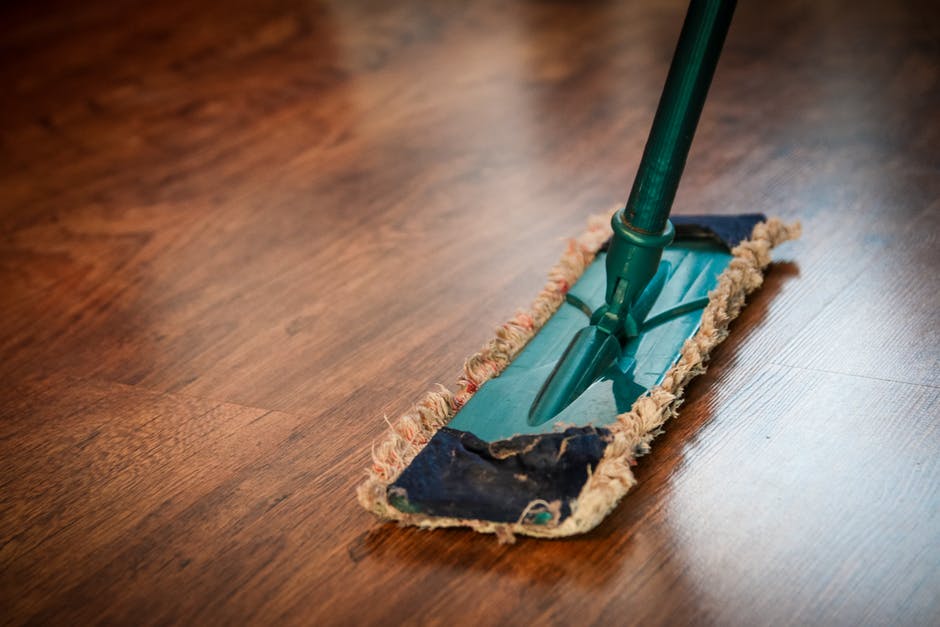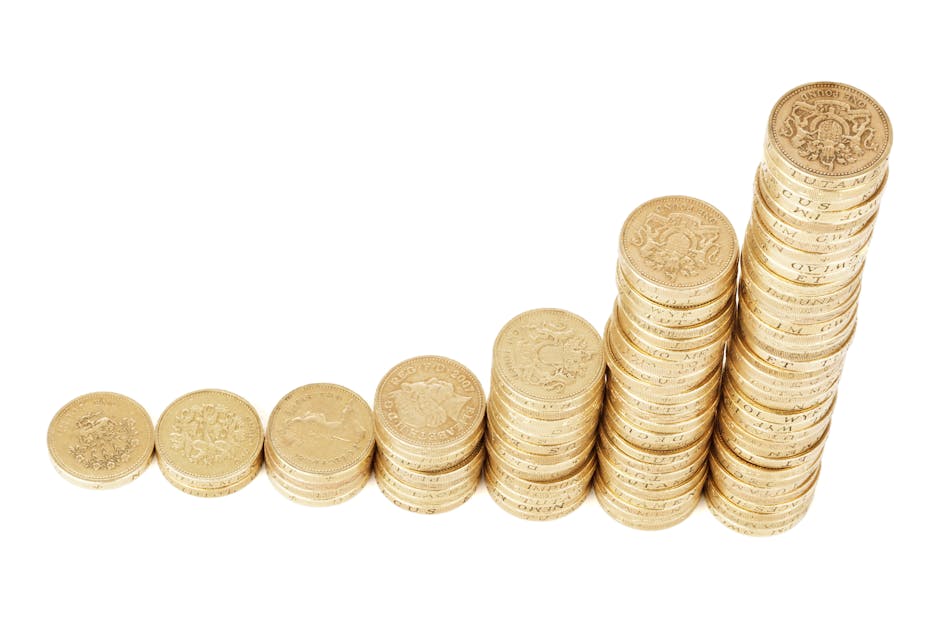Keeping a clean house has lots of benefits. Living without clutter and grime can seriously improve our stress levels while doing household chores like vacuuming and dusting can also be counted as low impact exercise. Add to that the reduction in airborne allergens obtained by having a clean house and regular carpet cleaning and you’ll understand how health and cleanliness go hand in hand.
But many of us are strapped both for time and money so cleaning our houses often falls to the bottom of a very full list. If you can’t afford to hire a professional maid on a weekly basis, what can you do to make sure your place is kept spotless? Here are a few tips to help you create a clean living environment without breaking the bank.
Remove Your Shoes
Part of maintaining a clean home is respecting your house. In order to keep your floors and carpets cleaner for longer, make sure that you kick off your shoes when you enter your house. Teach your kids to do the same and try to keep on top of dirty pet paws by hanging a bath towel near the door to use when you lead Fido home after his springtime walk.
Tidy Everyday
Decluttering goes a long way towards feeling like your home is calm and contained. Even if you can’t get to the bigger jobs like window washing and dusting the ceiling fan, spend twenty minutes a day cleaning your space. Put items back where they belong, hang up clothes, or even wipe out your bathroom sinks. Done everyday, this kind of tidying will help you feel like you’re in control and you’ll have less to do during your longer weekend cleaning tasks.
Use Natural Cleaning Products
The cost of chemical cleaners can really add up – and there are a lot of natural products that are just as effective, cost much less money and leave less of an environmental impact. Try household vinegar – stronger than the culinary kind – to clean counters, glass, bathroom fixtures and a multitude of other surfaces. Add in baking soda for more bite, and you can even scent the mixture using essential oils.
Splurge Once a Month
If you are seriously strapped for time, consider bringing in a professional cleaner once a month. This way, your hired help can do the deep cleaning – floors, windows, bathrooms – while your 20-minute daily sessions will keep the worst of the grime at bay at much less than hiring a more regular cleaning service. Combine this service with a regular carpet cleaning and no one will ever know that you struggle to keep your house clean.
Follow these tips and you’ll be surprised by how much easier it is to keep your home sparkling clean for a whole lot less.








